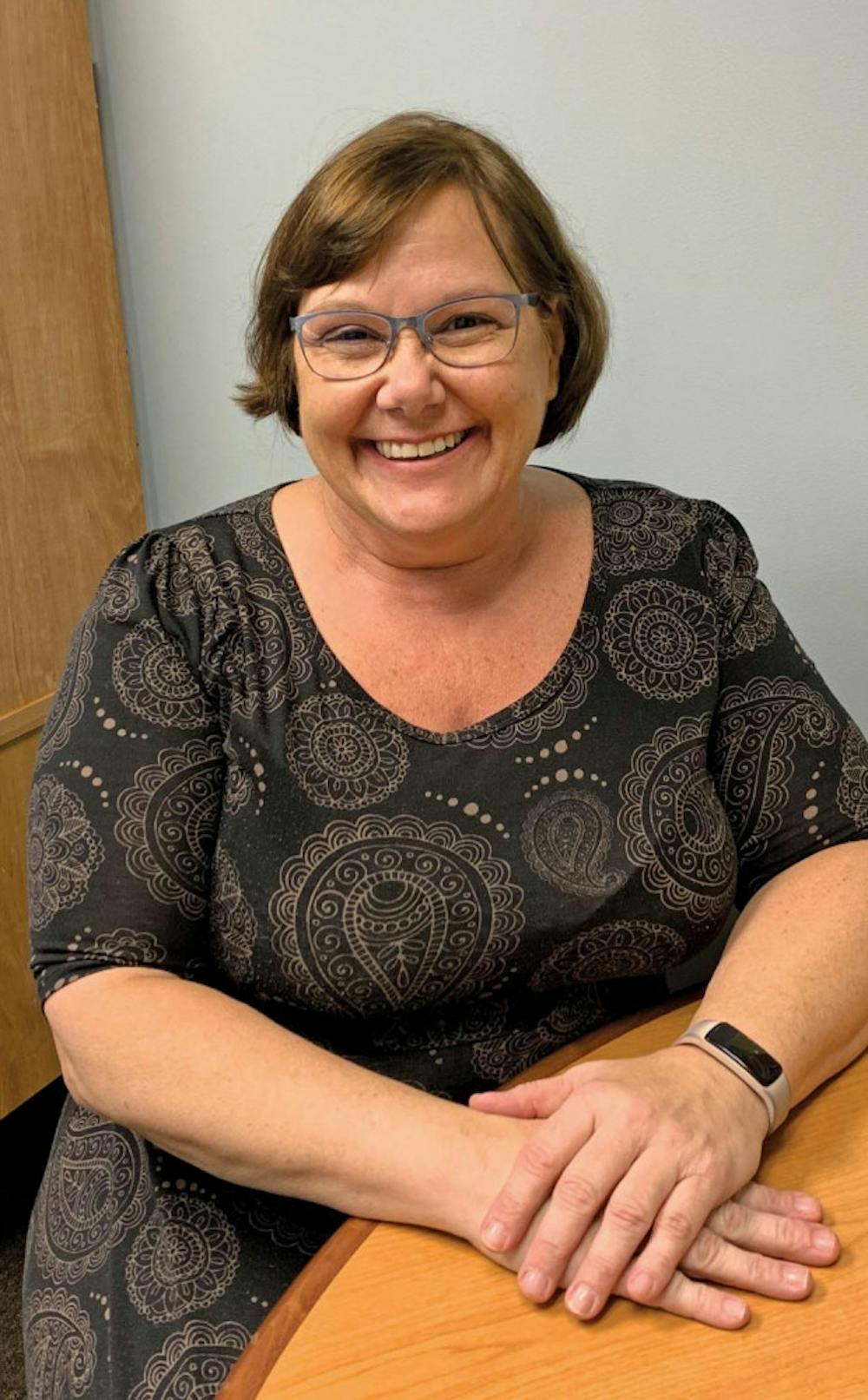Jean Stone, Addison County Restorative Justice Services’ (ACRJS) new executive director, hopes to recruit new volunteers to help with the organization’s rehabilitative practices. Restorative justice, at its core, grapples with the concept of community and every citizen’s role in it. As a process of collective reconciliation and rehabilitation, restorative justice emphasizes the interconnectedness in our society by providing a forum for legal offenders to acknowledge their crimes, as well as the effects of those crimes on victims and the community as a whole.
The Middlebury-based nonprofit organization committed to court diversion programs that provide a “Balanced Approach” model. Under the leadership of a board of trustees and a five-person staff, trained community volunteers help participants assume responsibility for their actions in ways that differ from more punitive forms of justice, according to Stone.
ACRJS aims to keep individuals out of the criminal justice system, especially juveniles. “An introduction to the criminal justice system [at a young age] desensitizes minors,” Stone said. “Instead of keeping them from being involved, it normalizes crime.”
Stone also said that ACRJS Department of Corrections contract allows the organization to work with people right out of incarceration and to try to help them establish lives beyond their convictions.
Stone became the executive director at ACRJS last December. “I have lived in this community for a long time,” she said. “I grew up on a farm and worked with a family, helping their children through the Federal Head Start program.” The Federal Head Start Program provides early-childhood education services to children of low-income households.
Stone then worked for 11 years with parents whose children were in custody so that those kids could later safely return to their families.
“We all impact the community in our own way,” she said. “If we choose not to become involved, it can be negative, but it’s possible to make positive changes.”
Other ACRJS programs include the Safe Driving Program and the Youth Substance Abuse Safety Program (YSASP). The Safe Driving Program counsels perpetrators of unsafe driving. Through activities and discussion, the program provides participants with opportunities to engage with the consequences of their actions on their communities.
YSASP is a confidential referral program designed for minors who are caught consuming, possessing or attempting to obtain alcohol or marijuana. In both cases, once participants complete the program, all legal penalties are dropped.
“We know that younger people’s brains aren’t fully developed, and yet we ask them to make informed decisions like adults,” Stone said. “These kinds of preventative programs are so [criminal activity] doesn’t impact their education.”
In the future, ACRJS hopes to increase the capacity of review panels. As of now, members of the local retired population are volunteering the most.
While their expertise is absolutely needed, Stone said younger volunteers would be extremely valuable, as a large number of participants in ACRJS programs fall between the ages of 25 and 40.
Stone believes that, generally, more volunteers would be helpful to the services the organization provides.
“If we all took a piece to help,” she said, “things would look different for our entire community.”
For more information on ACRJS, and to join as a volunteer, visit acrjs.org.
Sitting down with the new Director of Addison County Restorative Justice Services

COURTESY PHOTO
Jean Stone, Executive Director of ACRJS, assumed leadership in December 2019. Since joining the organization, she has focused part of her work on garnering more volunteers.
Jean Stone, Executive Director of ACRJS, assumed leadership in December 2019. Since joining the organization, she has focused part of her work on garnering more volunteers.
Comments



